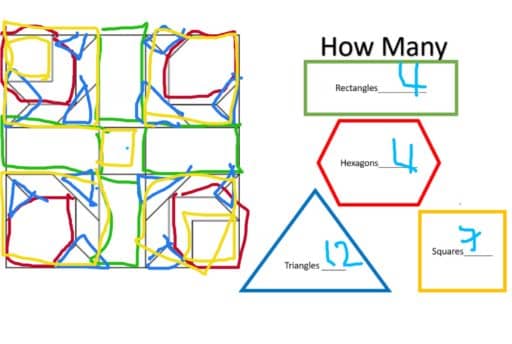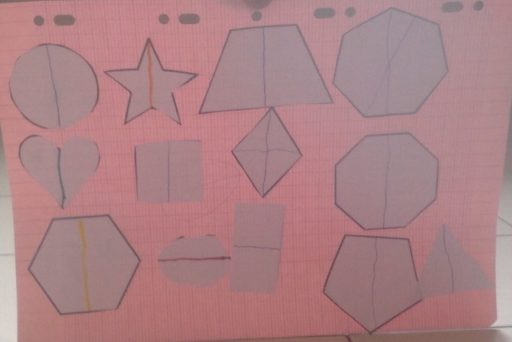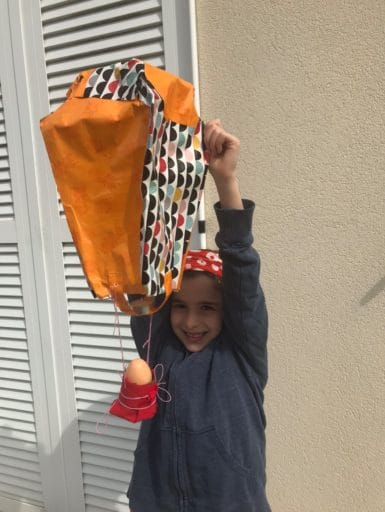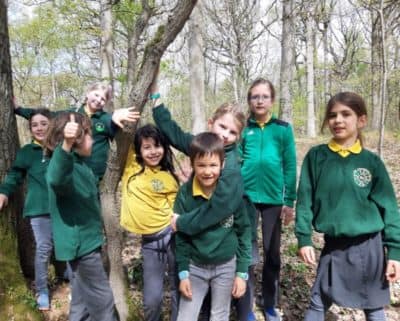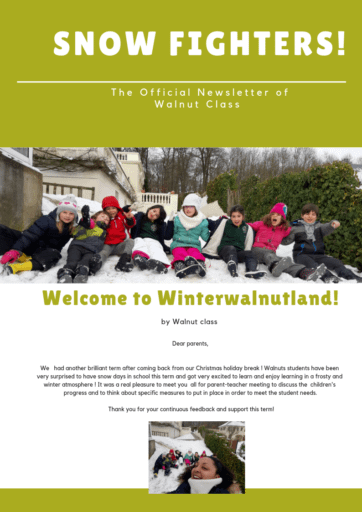This term we have continued our learning journey through the virtual platform ‘Seesaw’. This has provided us with some amazing and very out of the box learning experiences which are providing us with opportunities to become more independent thinkers and learners.
Let’s look back on the fantastic learning that has taken place!
Our topic this term was ‘Children of the Second World War’. We looked closely at the evacuation of children from the big cities to the countryside.
Literacy
First, we identified the features of a narrative.
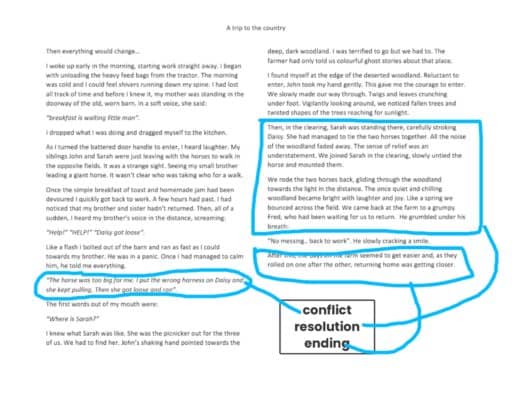
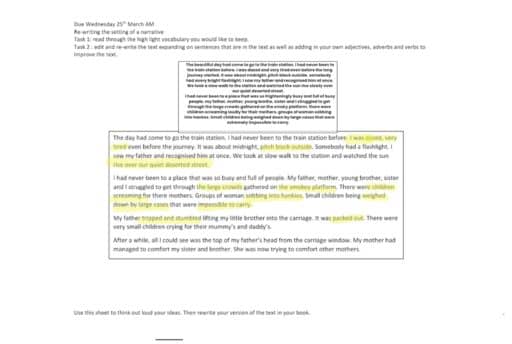
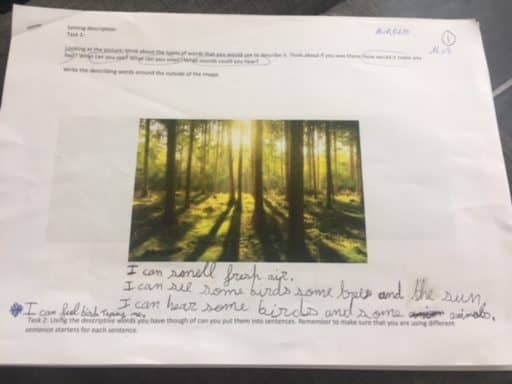
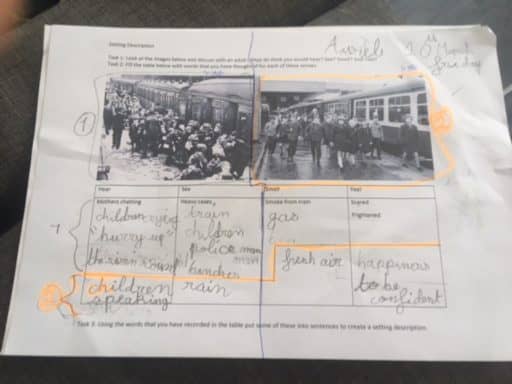
Narratives
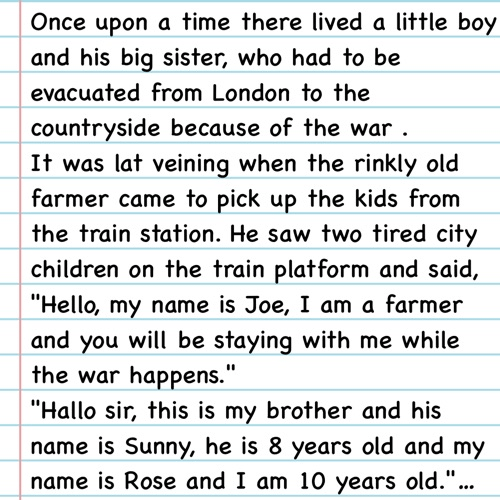
In Literacy, we wrote Narratives that had told the story of evacuated children. We explored the Narrative and broke it down into sections this helped us have a clear idea of what would happen to the characters and where they would go.

Making sure that we included exciting and descriptive language. To do this we read through our work and edited.
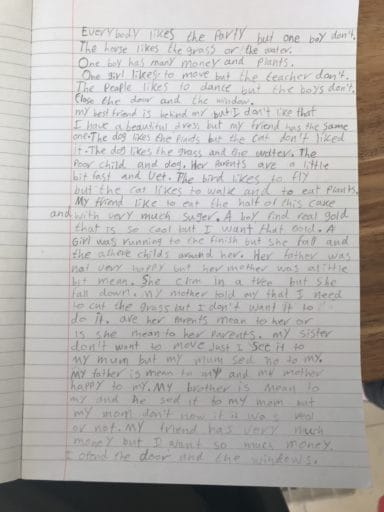
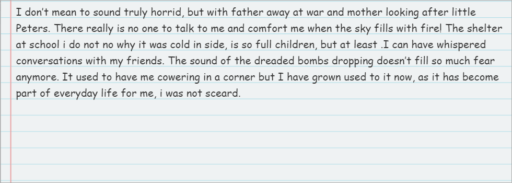
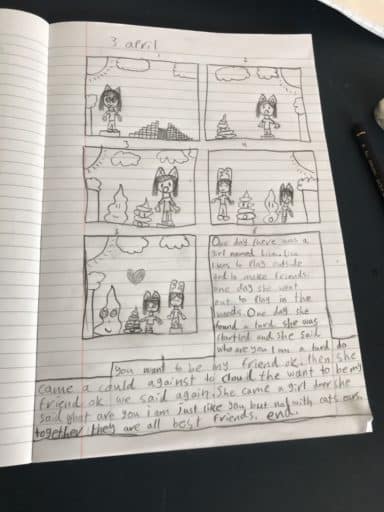
We drew out the story this helped us to think about what we wanted to write.
Virtual learning has helped us to present work in different ways. We have been able to present work using pictures, videos and voice notes.
Diary entries
Diary entries. We looked at planning and writing recounts in the role children that had been evacuated.
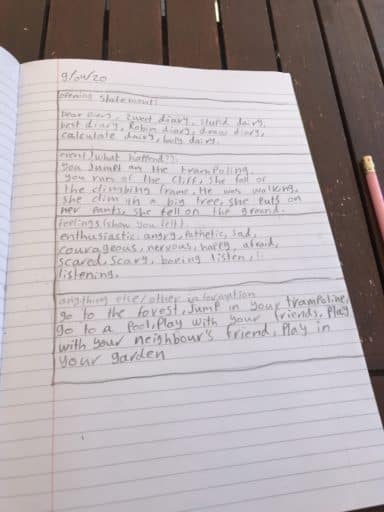
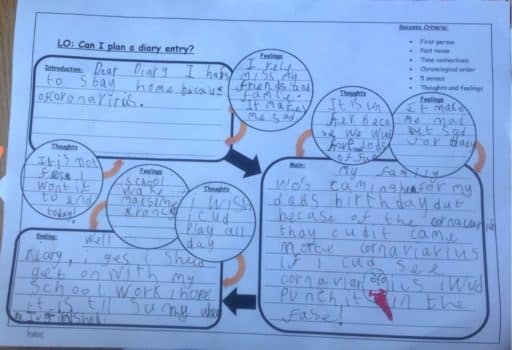
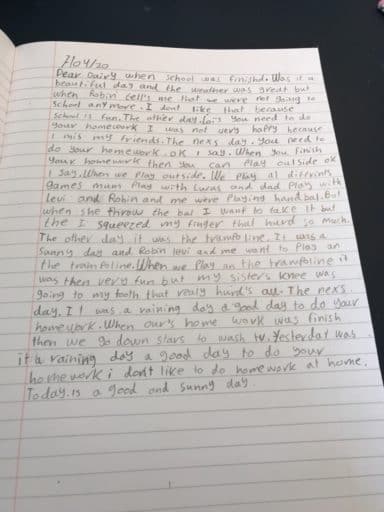
We discussed the different features of a diary entry and looked at what we needed to include. We were also given the choice of writing a diary entry as ourself or as a child in the Second World War.
Support for Spelling
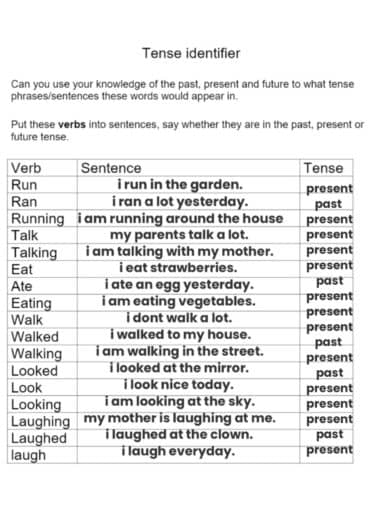
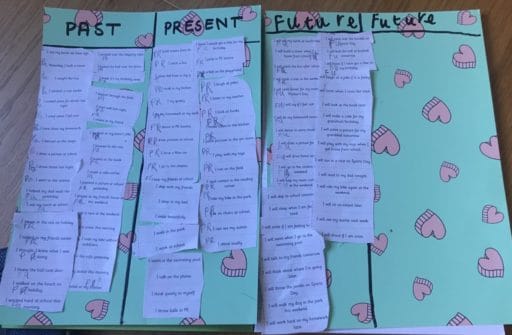
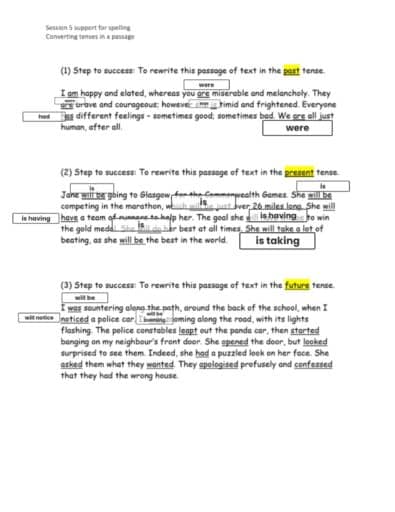
Mathematics
In Mathematics, we explored many topics, the virtual learning experience has helped us to become more creative with our maths work. This term we covered statistics and Geometry -properties of shape.
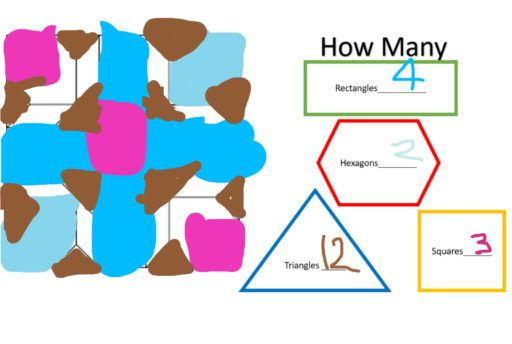
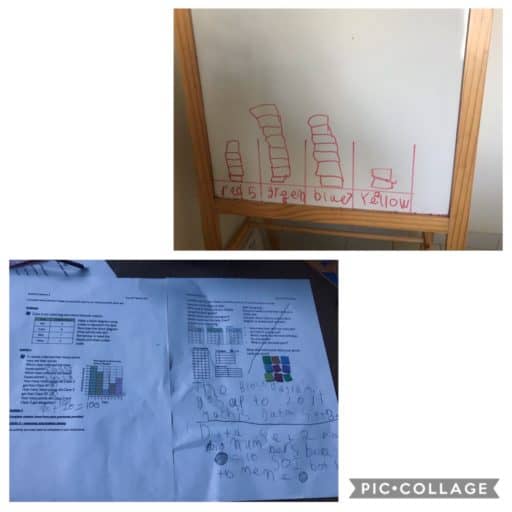
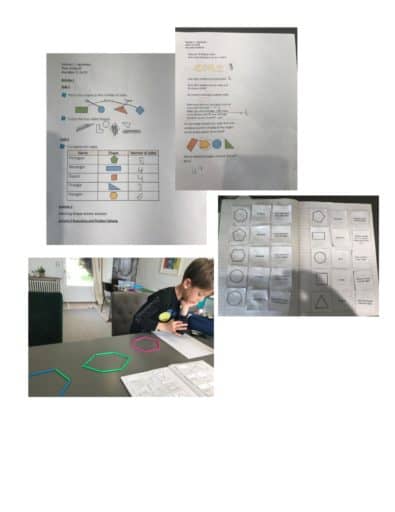
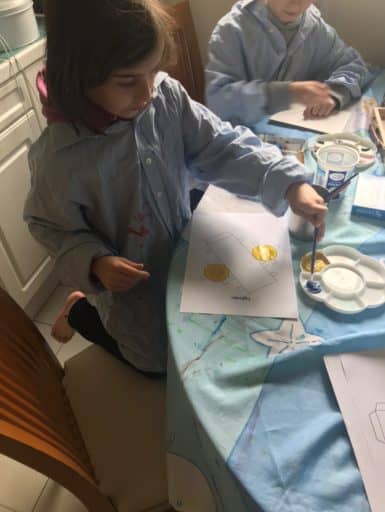
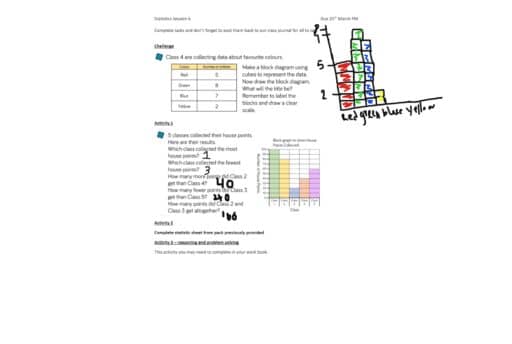
History
Throughout this term, we have looked at events of the Second World War. Using Seesaw and other media sources to conduct our own research about the events. We looked at the ‘Blitz’, ‘Evacuation’, ‘D-day Landings’ and ‘VE-day’.
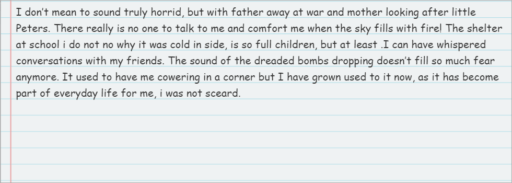
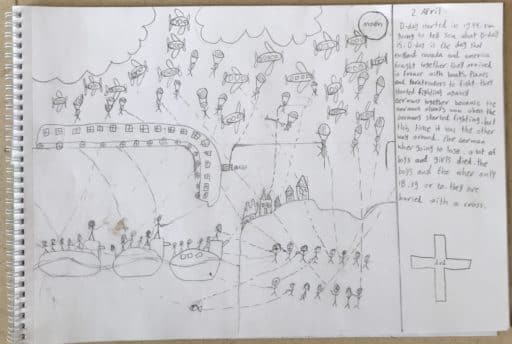
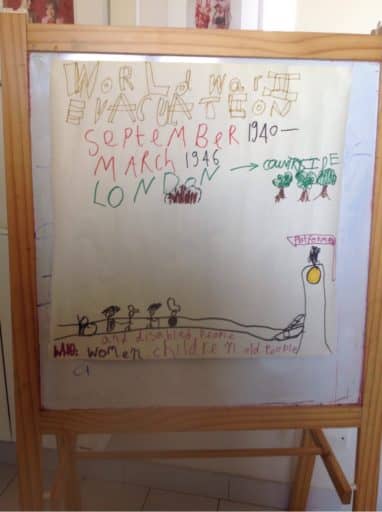
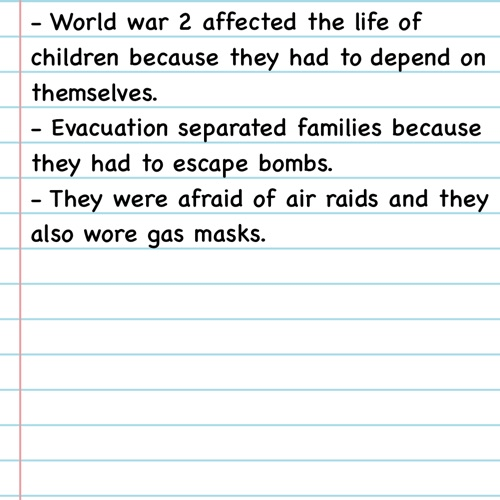
Science
In science, we have looked at actions and reactions. Then we conducted our own investigations. Next, we designed and built our own modes of transport.
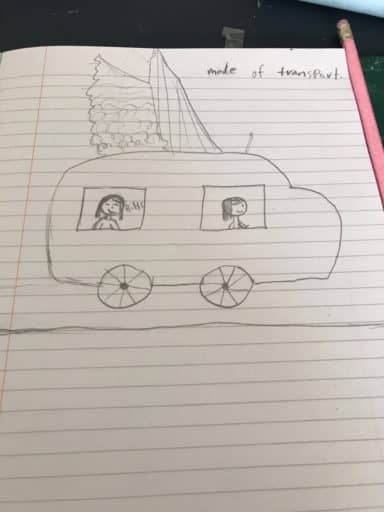
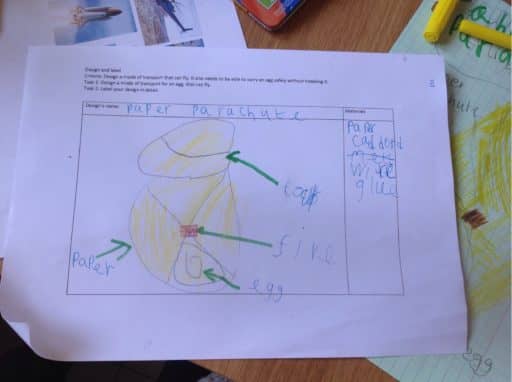
After exploring different structures of bridges we designed and built our own.
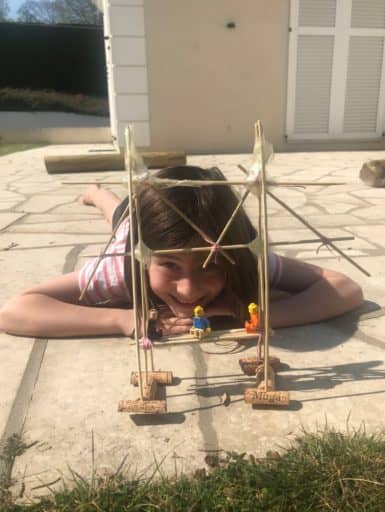
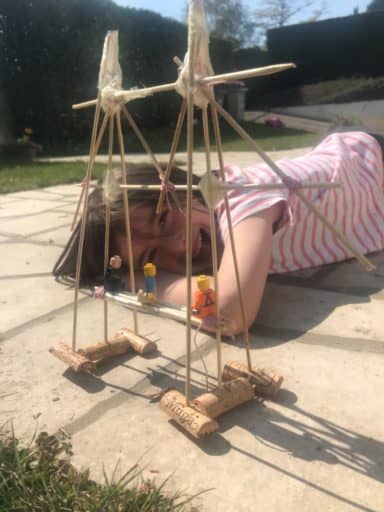
Design Technology
Design and make an air-raid shelter.
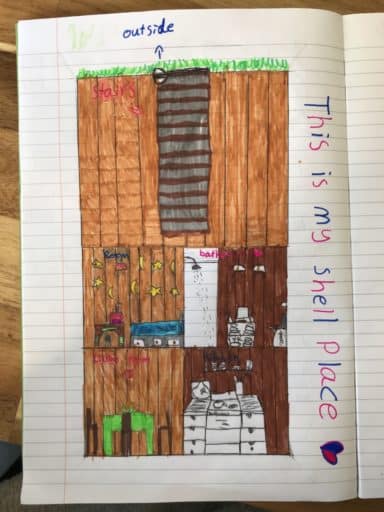
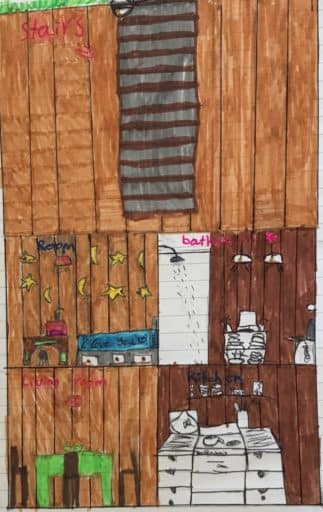
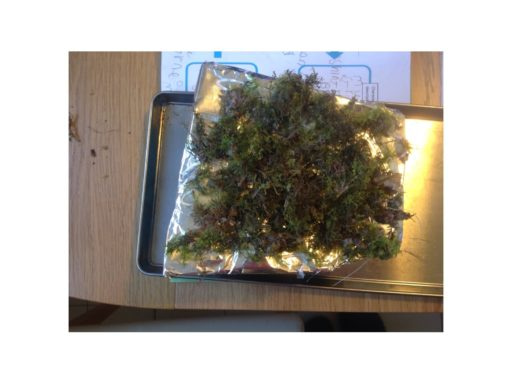
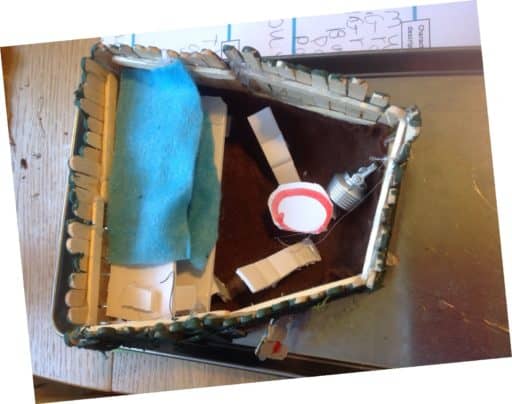
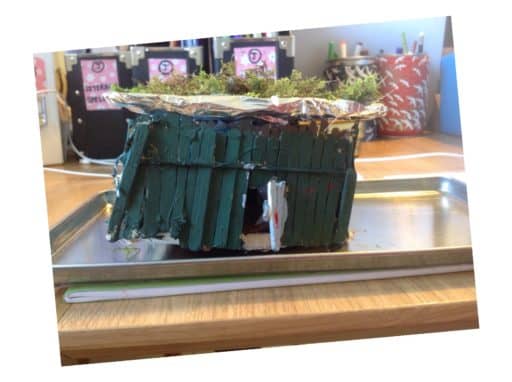
What a fantastic learning experience this has been for all of us. Using the virtual platform has helped us to carry on and grow as learners.
Thank you to the parents for their continuous support.
Mr H

